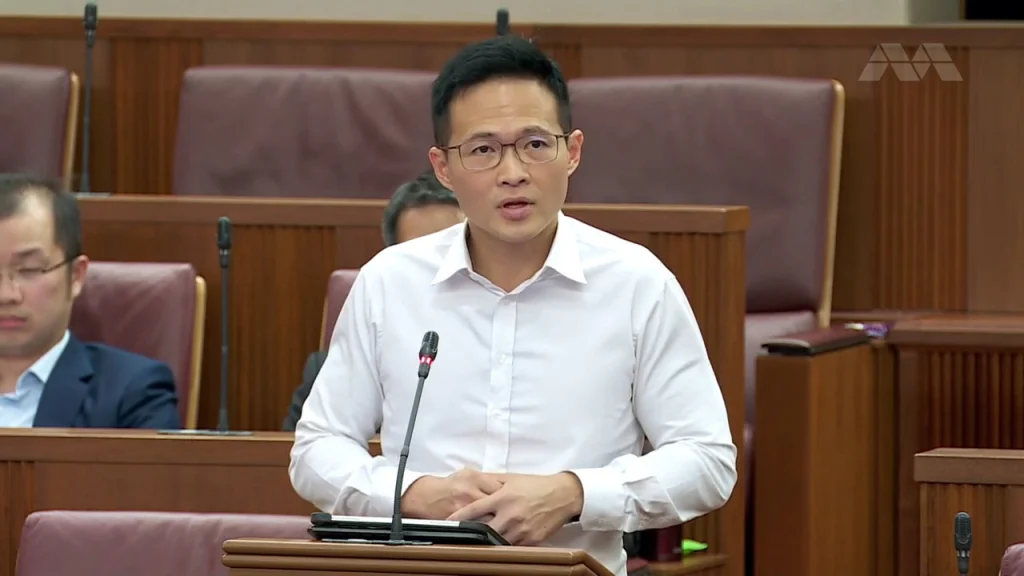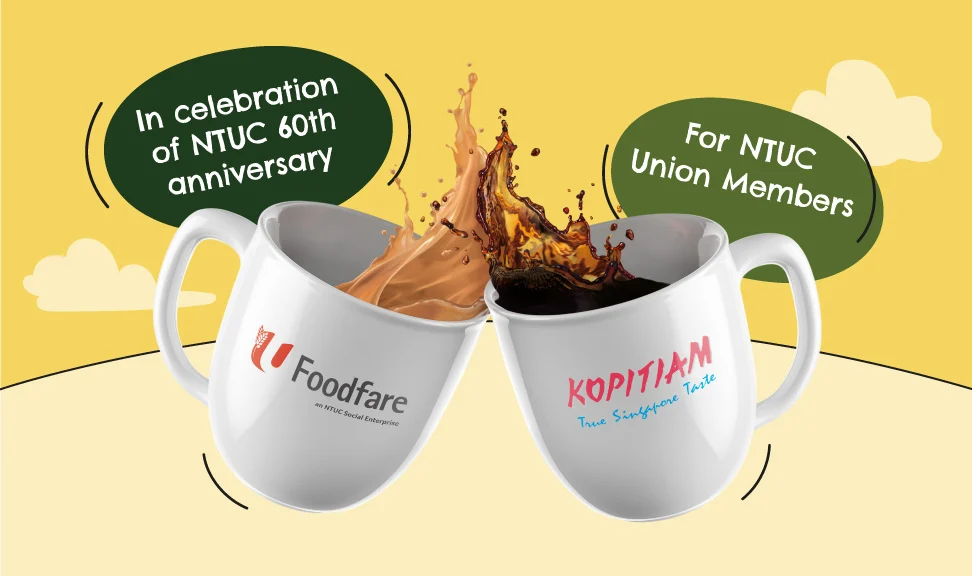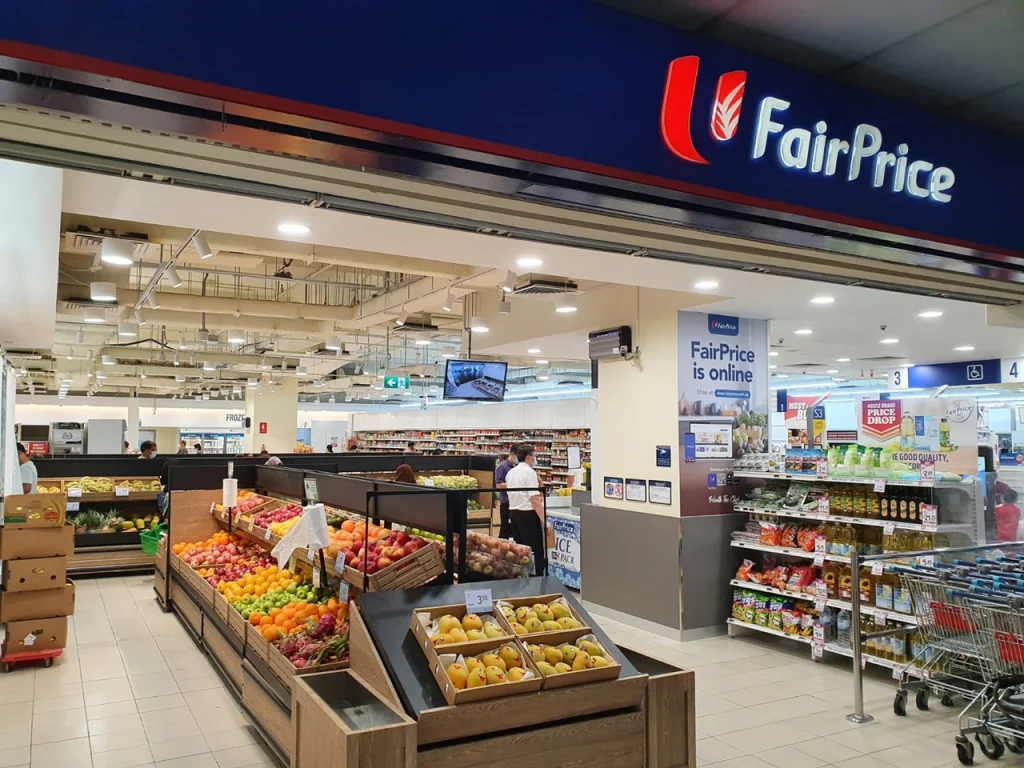Thankfully, there is a series of support schemes by the Government to ameliorate the adverse impact of the onset of the GST increase that will affect Singaporean households.
$8 billion Assurance Package
Speaking in Parliament on Monday, 7 November 2022, Deputy Prime Minister Lawrence Wong announced that an additional $1.4 billion will be pumped into the package, bringing it up to a total of $8 billion committed to support workers in coping with the GST hike that will officially kick in next year. The top-up to the package is given the elevated inflation situation this year and in the coming years as well as to stay the course on their commitment to helping most Singaporean households offset the impact of the GST increase for at least five years and about ten years for lower-income households.
$1.5 billion Support Package
Apart from the Assurance Package, there is also the $1.5 billion Support Package that includes special payments, CDC vouchers, U-Save Vouchers, and other assistance that will fully cover the increase in the cost of living for lower-income households on average, and more than half of the increase in the cost of living for middle-income households on average this year.
NTUC Care Fund (Special Assistance) programme
Assistance to go beyond fiscal support
In the same parliamentary session, NTUC Assistant Secretary-General Desmond Choo suggested that a sustainable way would be to invest in our workers to protect them against inflation in the long run. This would be done by raising productivity, sharing gains fairly and equitably as well as working with social enterprises to moderate costs.
In the same parliamentary session, NTUC Assistant Secretary-General Desmond Choo suggested that a sustainable way would be to invest in our workers to protect them against inflation in the long run. This would be done by raising productivity, sharing gains fairly and equitably as well as working with social enterprises to moderate costs.

Raising productivity to grow wages through training and company support
Companies can work with NTUC to set up Company Training Committees (CTCs) within their organisation to identify the skills and training that employees need to support the company’s strategic vision and direction and to keep up with industry transformation. Companies looking to transform their business process, redesign jobs for workers and uplift productivity can tap on the $70 million CTC grant to obtain a funding support of up to 70% qualifying cost for each project.
Leveraging on NTUC’s Operation & Technology Roadmap programme (OTR), companies can move up the value chain through innovation and technology. The OTR is also fully subsidised with companies that have CTCs in place. For eligible SMEs, Enterprise Singapore offer grants that can offset up to 80% of OTR costs.
Businesses can also tap on grants to increase productivity. One such grant includes the Productivity Solutions Grant which offers up to 80% of support for the Food Services and Retail sectors.
So, while it may be tempting and even intuitive of some companies to cut training costs in an impending economy downturn, business should stay on course with investing in workers through trainings. With so many grants and schemes in place, businesses should be incentivised to spend more money in training their worker to raise their productivity so that they too, can benefit in the long run.
Sharing gains fairly and equitably through a Progressive Wage Model (PWM)
Lower-income workers are the ones that need the most help in time for high inflation and rising costs. Schemes like the PWM not only tighten the income disparity but most importantly, allow workers to be paid better. Having recently branched out to retail and security workers, it will soon expand into industries such as food services and waste management next year so that more lower-wage workers get the help they need.
Budget 2022 also introduces the Progressive Wage Credit Scheme (PWCS) to provide transitional wage support for employers to adjust wages for lower-wage workers following the mandatory PWM and Local Qualifying Salary requirements. The scheme also covers voluntary wage raises by employers from the lower-wage group. Under the PWCS announced on 21 June 2022, the Government co-funding share will increase from the current 50% to 75% for the first tier and from 30% to 45% for the second tier while maintaining all other parameters.

Social enterprises to moderate cost
While Government grants and rebates can be given to individuals to cope with rising costs, businesses also must play a part in pacing price increases so that the nation can achieve a soft landing.
From 1 Jan 2023, selected items at NTUC Fairprice will be on 1% discount. The discounted prices that will last for 6 months will include essential items from fresh produce to household cleaning items that customers frequently purchase. The list of 500 selected items on discount will vary throughout the six-month discount period, chosen based on what customers regularly consume at that time.


A Community Effort
Such little savings every day is what we need so that workers can continue to keep up with rising cost, while making sure businesses can still profit. Businesses should also tap on the many Government funding and support schemes to devise new ways to attract local talent and increase productivity. Ultimately, this requires the effort of everyone.
While we can complain about the rise in GST increase, it is still required considering the need to care for the growing number of seniors in Singapore. Growing number of seniors requires deeper national reserves to meet growing healthcare expenditures. And where do this come from? Revenue from GST increase. It is that simple. Raising the GST ensures a fair system of raising revenue to meet our society’s needs is a responsible way of not burdening the younger generation of workers who have to support a larger population of older residents.
Furthermore, the Government and the NTUC has came up with so many packages and schemes from direct cash handouts, lowered prices of commodities from social enterprises to increase in funding in areas of training and raising of productivity.
So really, instead of complaining, why not use these grants and funding available to raise your value to keep up with rising costs?





